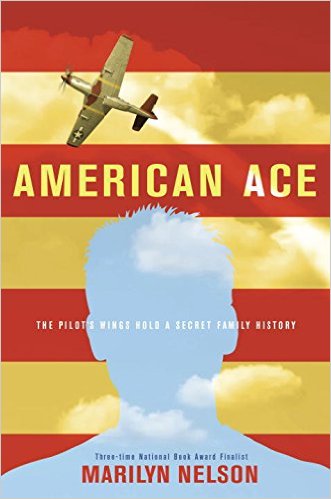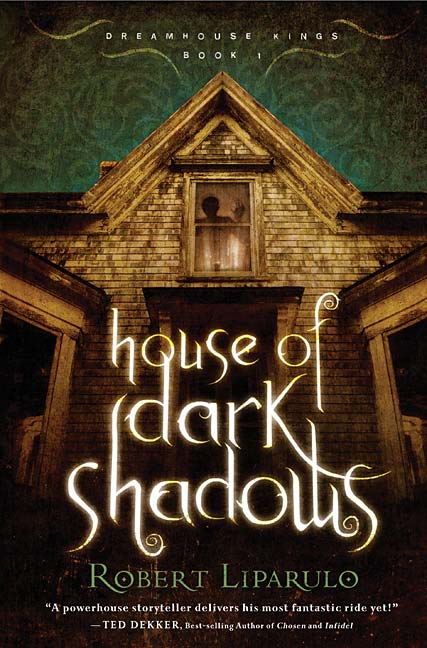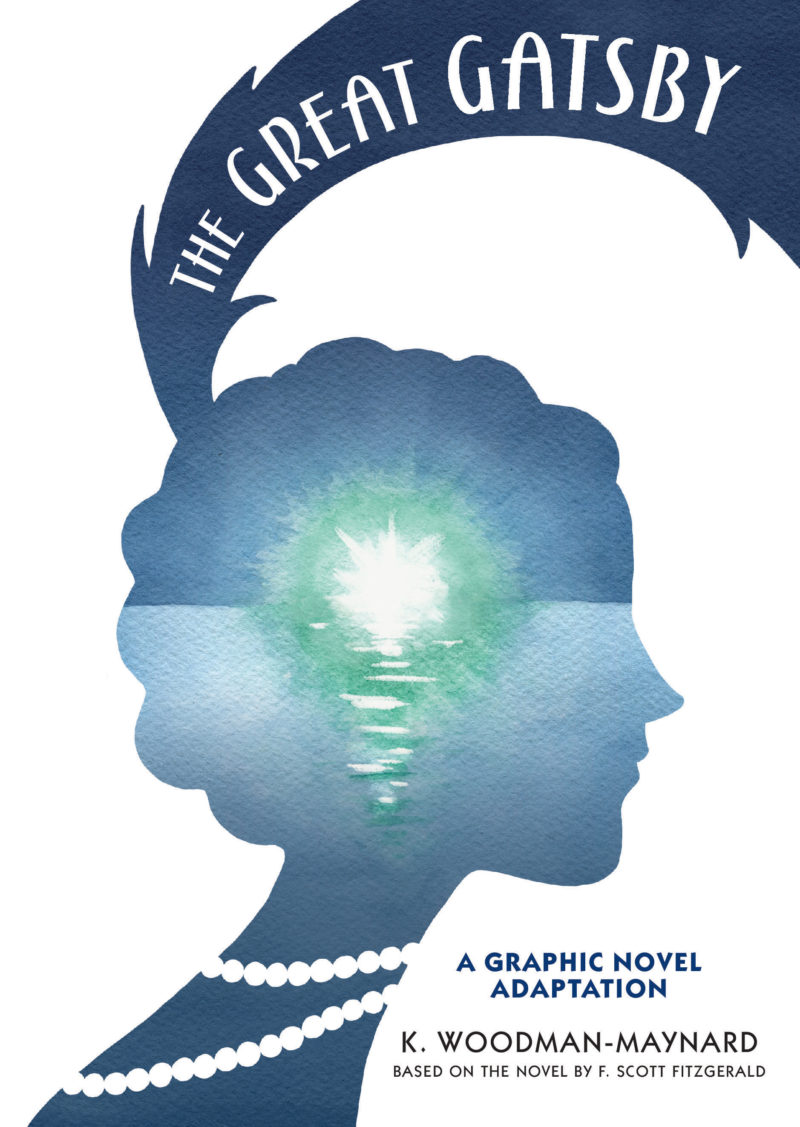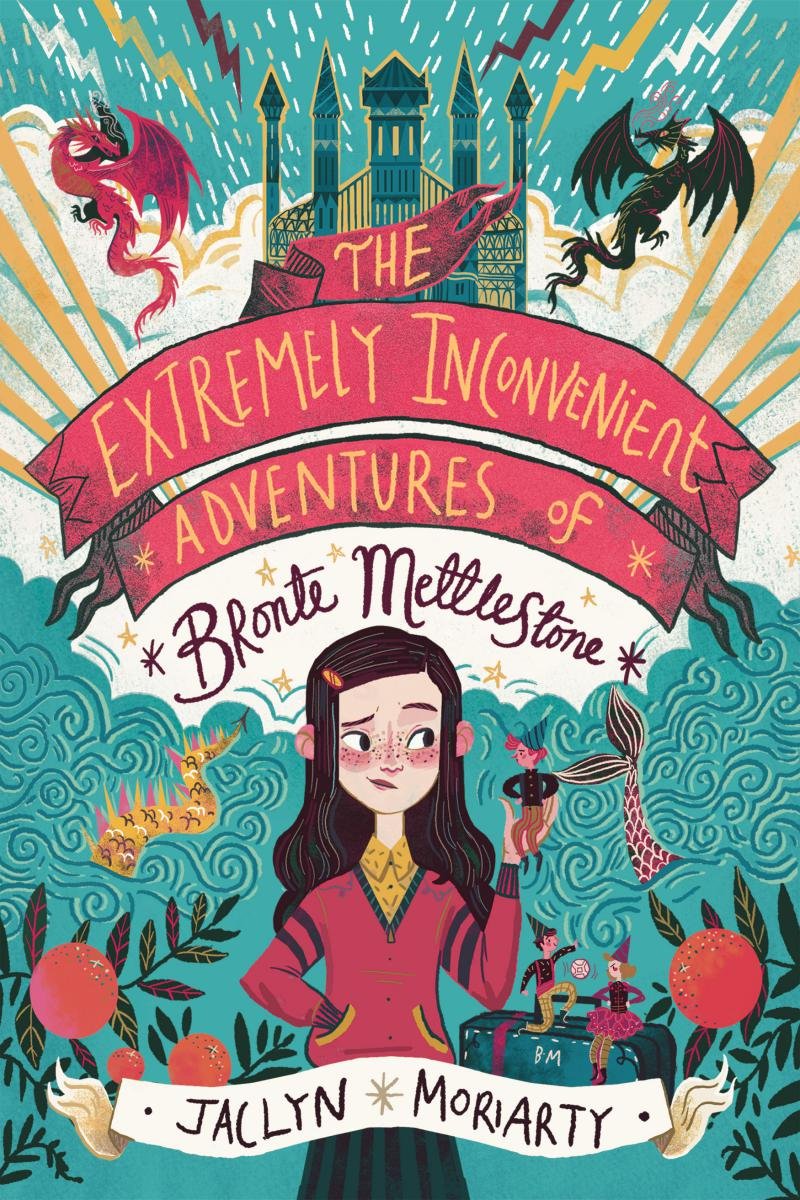A slim novel written in verse, American Ace tells the story of Connor Bianchini learning that his grandmother once had a secret love, meaning that the man he always believed was his grandfather isn’t actually related to him at all. Connor and his father set out on a compelling journey to discover the truth about their past – and themselves. It’s not long before they realize that Connor’s true grandfather may have been a black man and a WWII hero, bringing questions of identity and belonging even more to the forefront than they were before.
I wasn’t fond of novels in verse as a child, but I have a feeling I would have liked this one. Nelson’s poems are rich but straightforward, and have the effect of pulling you through Connor’s story at a quick, satisfying pace – I probably finished American Ace in about forty-five minutes. I found this pacing is particularly successful for a mystery, as both the shorter lines of the poems and the desire for the truth propel the reader forward through the book. The verse format cuts out the extraneous fat from this story, anything that might bulk it up or slow it down, and we are left with a story that’s all the more vivid in return.
Though Nelson’s story touches on many complex themes, like race and prejudice, she doesn’t spend time expounding on Connor’s relationship with these issues and how they shift through the course of the narrative. Her approach is instead filled with nuance, the reader inferring so much from a word here, a line there – truly a poet’s art. By acknowledging contradictions, like Connor’s father’s tacit racism before he discovers the truth behind his lineage, but not explaining what conclusions the reader ought to draw about them, Nelson has created a story that encourages contemplation long after you’ve finished reading. It prompts reflective thought and discussion, a trait that is sure to lend itself well to classroom reading.
I also loved the way she handled the format of the book, which is separated into nine short sections. For sections 1-6, the format is fairly straightforward “Title: Poem” for each of the pieces contained therein. Starting with Part 7, however, the titles of the poems tell one story, while the poems themselves tell another. It took me a few minutes to realize this, but once I had, I couldn’t believe I’d missed it! Such a small touch that added so much depth to this little book. Definitely add this one to your reading list.
Finally, I appreciated the note from the author at the end of the book, explaining how an African-American woman came to write a book with a white, teenage boy protagonist. Nelson wanted to write a YA book about the heroic Tuskagee Airmen – an all-black group of WWII pilots – but her editor wanted her to write it from the perspective of someone who knew nothing about them. Nelson couldn’t imagine any African-American teenager being unfamiliar with the Tuskagee Airmen, and – with a little inspiration from other areas – Connor Bianchini came to life. Like with all other aspects of this book, Nelson’s note provides food for thought; personally – as valuable and thought-provoking as American Ace is – I am left longing for the books Nelson or other authors might have written if school curriculums gave these heroes the attention they deserve.
A copy of this book was provided by the publisher for review.




